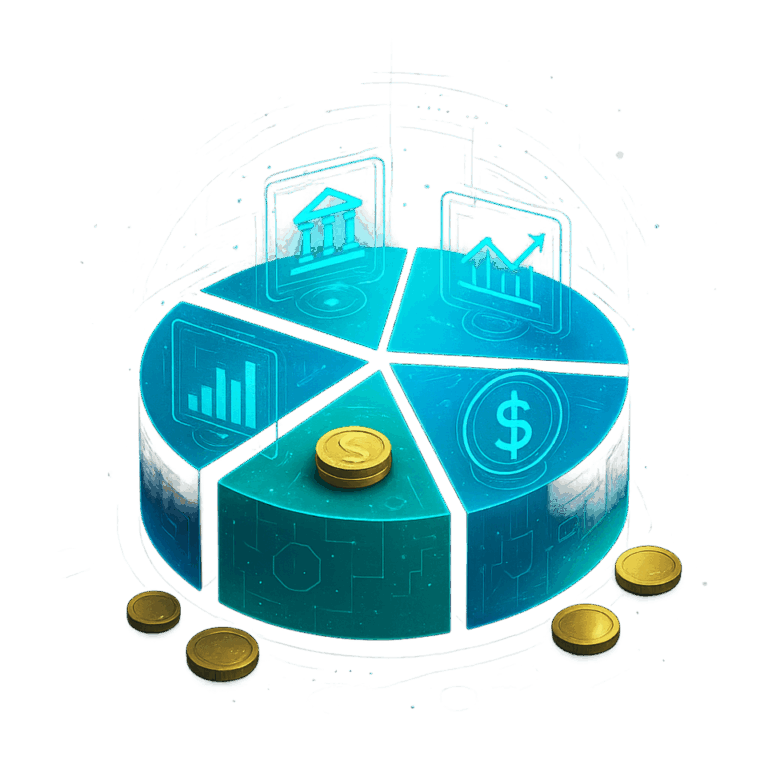In 2025, financial literacy stands as one of the most critical skills for individuals seeking long-term stability and independence. With global markets evolving, digital currencies gaining attention, and economic uncertainties shaping everyday life, having a strong understanding of personal finance has never been more important. Financial literacy empowers people to make informed decisions about savings, investing, insurance, and retirement planning, ensuring they are prepared for future challenges.
Understanding Budgeting and Saving
Budgeting is the foundation of financial literacy. By creating and following a structured plan, individuals can allocate income effectively, reduce unnecessary spending, and prioritize essential needs. In 2025, digital budgeting apps allow users to track expenses in real-time, offering greater control and transparency. Alongside budgeting, saving is equally vital. Whether through emergency funds, high-yield savings accounts, or specialized retirement plans, disciplined saving helps build a financial cushion that promotes long-term resilience.
Investing as a Tool for Growth
Investing plays a central role in expanding financial opportunities. With diversified portfolios including stocks, bonds, exchange-traded funds, and real estate, individuals can work toward long-term growth while managing risk. In 2025, accessibility to global markets and financial education platforms makes investing less intimidating. However, the emphasis remains on understanding risk tolerance, timelines, and the importance of diversification to achieve balanced outcomes.
Insurance and Risk Management
Financial literacy also involves understanding the role of insurance. From health coverage to life insurance and property protection, insurance mitigates financial risks and ensures security in times of uncertainty. In an era where healthcare costs and unexpected events can strain finances, insurance functions as a safety net that protects both assets and income.
Preparing for Retirement
Another essential aspect of financial literacy is retirement planning. With longer life expectancies and shifting economic landscapes, individuals in 2025 must plan proactively for their later years. This includes contributing consistently to retirement funds, understanding pension benefits, and considering supplemental investments. Financial literacy ensures individuals can evaluate different options and develop strategies to maintain independence after leaving the workforce.
Conclusions
Financial literacy in 2025 is not simply about numbers; it is about empowerment, security, and preparedness. From managing day-to-day budgets to making long-term investment decisions, financially literate individuals are better equipped to face uncertainties and build stable futures. By focusing on savings, investments, insurance, and retirement planning, financial literacy strengthens both personal independence and broader economic stability.



